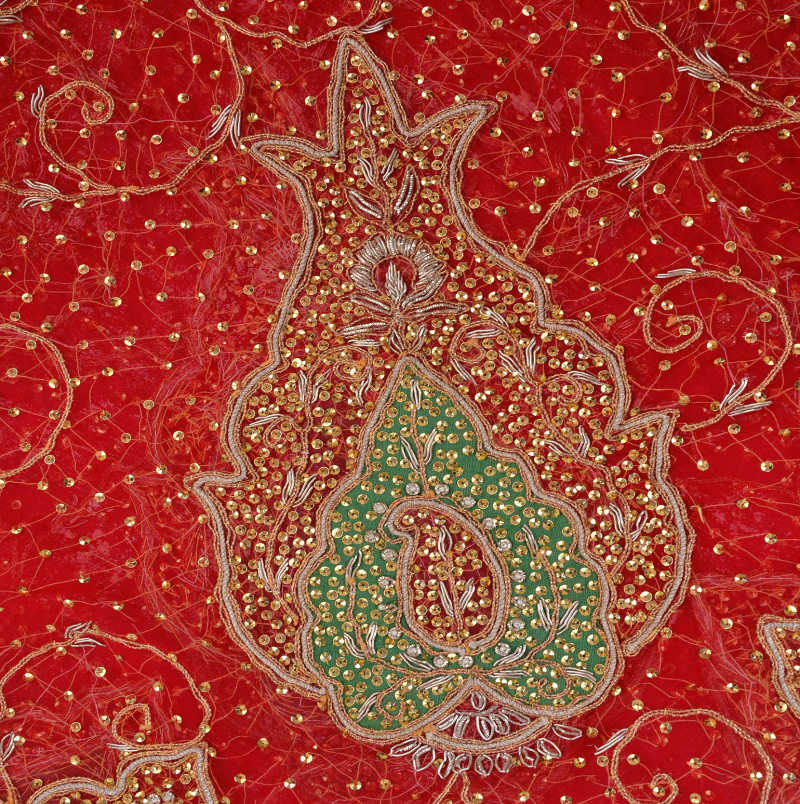===
0490,
5
===

=== |
 |
vaṣl : 'Meeting, union; mingling, junction, conjunction, connexion, attachment; ... —sexual intercourse'. (Platts p.1195)
judā : 'Separated, parted; separate, distinct, away, apart, aside, asunder, absent'. (Platts p.378)
buʿd : 'Distance, remoteness'. (Steingass p.191)
barābar : 'Abreast, even, level, ... equal (to); next (to), adjoining; agreeing, coinciding, fitting; facing, confronting'. (Platts p.143)
FWP:
SETS == OPPOSITES
MOTIFS == UNION
NAMES
TERMSAn important note: If you are using the Mahfuz kulliyāt-e mīr , note that in the 2003 edition this verse was accidentally omitted. The 2013 edition has been corrected to include it.
The pairing in the first line of vaṣl-o-judāʾī opens two possible readings (see the definitions above). The more obvious one is that of being together ('meeting, attachment') and/or attaining sexual union as lovers, versus being far apart, in separation. But the other is some kind of essential oneness ('mingling') versus being 'separate, distinct'. The mystical possibilities here are obvious, and obviously relevant.
Then if there's no 'conversation about' union and separation, that might mean the absence of any such distinct things (so that there's nothing there to talk about), or it might mean perfect mutual understanding (so that there's no need to talk about these things).
Moreover, in the first line 'in passion' sounds like the usual thing, meaning 'in the mood/state of passion'. In the second line, however, we abruptly learn that it's a 'place'-- apparently people can be 'in Passion' the way they can be 'in Chicago'. Of course, it's a pretty unusual place, one where 'nearness' and 'distance' can be experienced as 'adjacent' or even 'coinciding'. (See the definition above-- the geographical specificity is part of the range of barābar , and is more piquant than merely 'equal'.) There's an inexhaustible supply of romantic and Sufistic permutations that can be brought out; as usual, the choice of exactly how to read the verse is up to us. But it's a ravishing verse; it maps out some (mystically) unmappable territory.